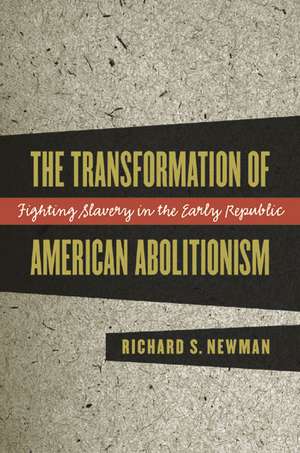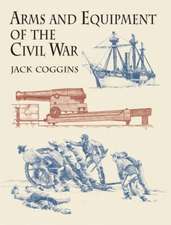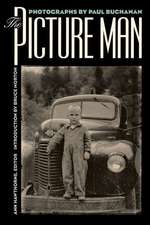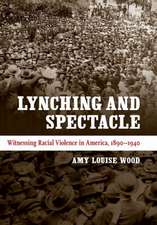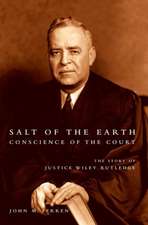Transformation of American Abolitionism
Autor Richard S. Newmanen Limba Engleză Paperback – 31 mar 2002
Preț: 303.86 lei
Nou
Puncte Express: 456
Preț estimativ în valută:
58.14€ • 63.36$ • 48.99£
58.14€ • 63.36$ • 48.99£
Carte tipărită la comandă
Livrare economică 23 aprilie-07 mai
Preluare comenzi: 021 569.72.76
Specificații
ISBN-13: 9780807849989
ISBN-10: 0807849987
Pagini: 272
Dimensiuni: 159 x 236 x 17 mm
Greutate: 0.39 kg
Ediția:New.
Editura: University of North Carolina Press
ISBN-10: 0807849987
Pagini: 272
Dimensiuni: 159 x 236 x 17 mm
Greutate: 0.39 kg
Ediția:New.
Editura: University of North Carolina Press
Notă biografică
Richard S. Newman is assistant professor of history at Rochester Institute of Technology. He is coeditor of Pamphlets of Protest: An Anthology of Early African American Protest Literature, 1790-1860 and an educational consultant to Strong Museum in Rochester, New York.
